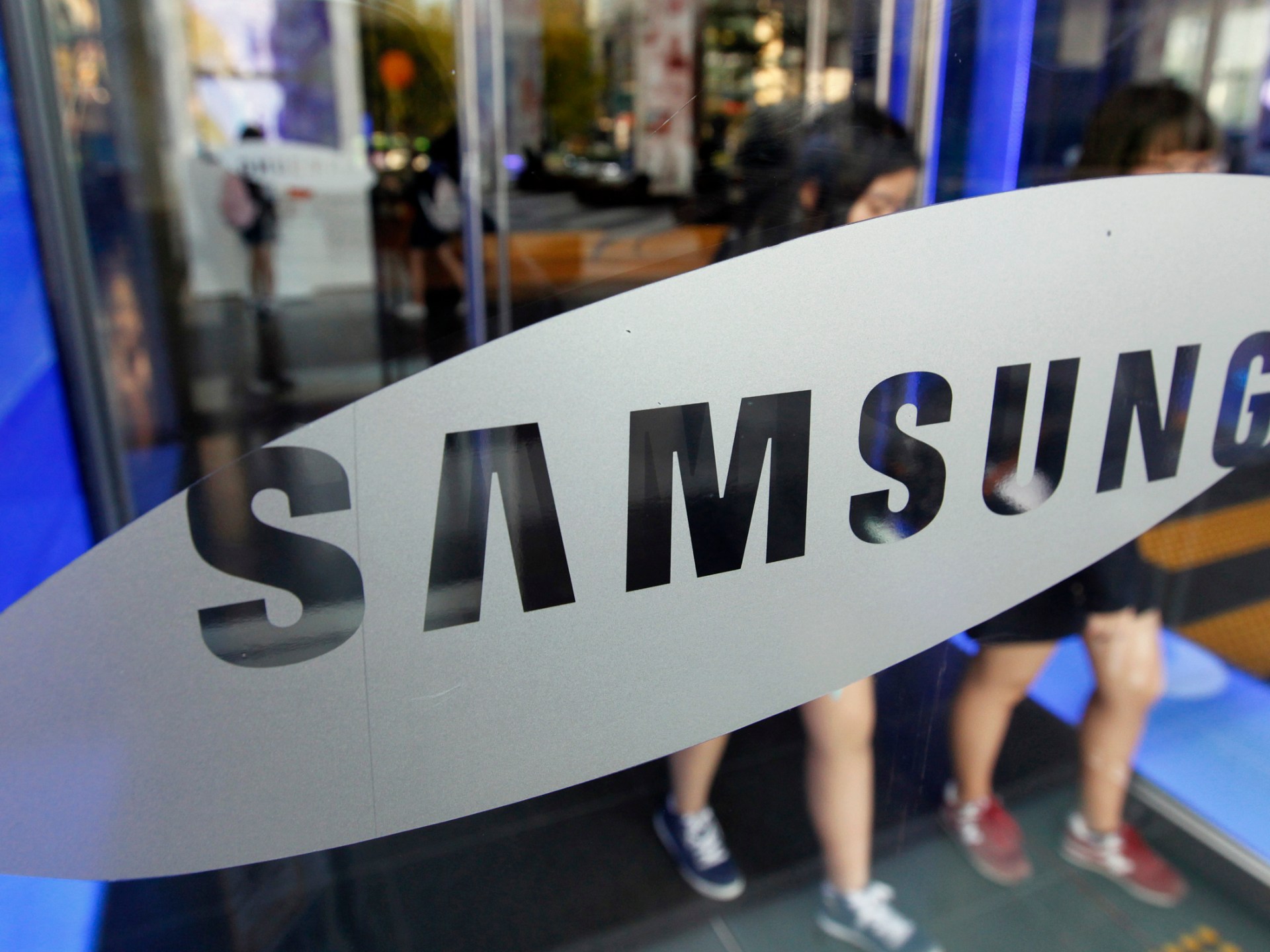Excitement as two new pandas arrive in US from China
The bears, part of China’s ‘panda diplomacy’, will stay in DC’s National Zoo under a 10-year agreement.
China has sent two giant panda bears to the United States to be housed in Washington, DC’s Smithsonian National Zoo, in a rare diplomatic overture between the two countries.
The three-year-old pandas – a male named Bao Li and a female named Qing Bao – arrived at Virginia’s Dulles International Airport, which serves the US capital, on Tuesday.
They are among a small handful of the black-and-white bears still in the US, which sent most of the highly sought animals back to their native China in recent years under pre-arranged contracts. That includes the return last November of the only three pandas living in Washington’s National Zoo.
Many viewed the absence of a quick replacement for the three pandas as reflective of growing US-China friction, but Chinese President Xi Jinping soon promised he would send new pandas as “envoys of friendship”.
In August, the San Diego Zoo welcomed two new giant pandas, the first to arrive in the US in 21 years.
‘Iconic part of DC’
Anticipation over the arrival of the two new pandas in Washington, DC, has been high, with the zoo’s website featuring a banner that reads: “The pandas are coming”.
“The giant pandas are an iconic part of the Washington, DC story, both for locals and incoming travellers alike,” said Elliott L Ferguson, II, president and CEO of Destination DC. “The interest and excitement associated with their return directly benefits the entire city, bringing further interest and visitors to our hotels, restaurants and other attractions.”

The National Zoo has been renovating its panda habitat ahead of the new bears’ arrival, setting up new shallow pools and bamboo stands.
The pandas will not be available to the public for more than a month as they quarantine and acclimate to their new habitat.
‘Panda diplomacy’
China has been using so-called “panda diplomacy” since 1972, when the first animals were sent to Washington as a gift, following US President Richard Nixon’s historic visit to China.
Later, a rolling series of 10-year cooperation agreements was struck, which Chinese Embassy spokesperson Liu Pengyu credited with advancing research in panda preservation.
“The current round of cooperation will focus on prevention and treatment of major diseases, and protection of habitats and wild giant panda populations,” Liu told the Associated Press via email. “We hope the arrival of the pandas will inject fresh impetus into exchanges between China and the US, and help to stabilise the broader bilateral relationship as well.”
As of 2014, there were around 1,860 giant pandas in the wild, a 17 percent increase from the decade before, according to the World Wildlife Fund (WWF). In 2021, Chinese conservationists reclassified the animal from an endangered species to one that is vulnerable.




